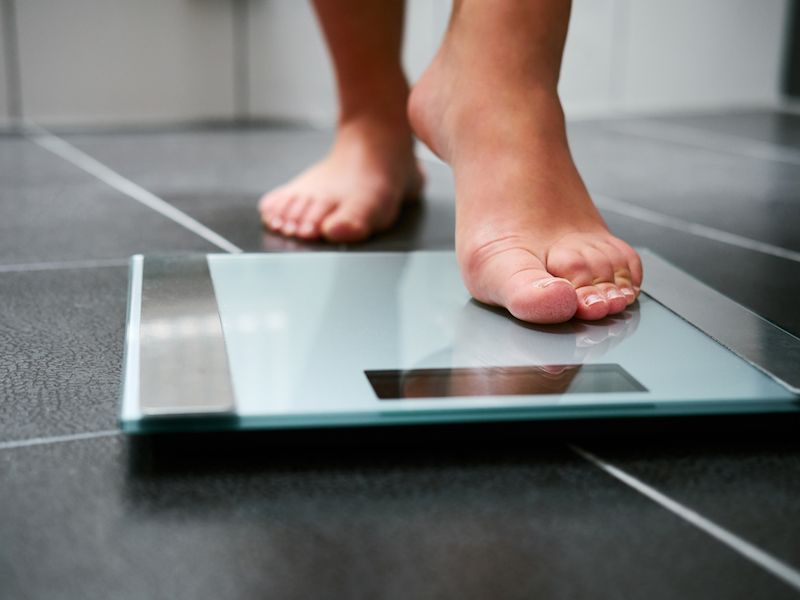
We’ve long known that eating too much is harmful to our health, especially over longer periods of time. Obesity is connected to quite a few health concerns. Heart disease, high cholesterol, diabetes, and you can put hearing on the list, as well. It’s calculated that around 48 million people in the United States, around 20% of this country’s population, suffer from loss of hearing, and in adults it’s virtually twice that number, 93 million, are obese. These numbers are surprising and point to a significant health issue throughout the country.
How Is Obesity Related to Loss of Hearing?
Several studies have revealed that there’s a connection between being overweight and loss of hearing. Even though scientists are still investigating the link, it’s assumed that loss of hearing and obesity have a connection because the circulatory system is impacted. Also, hearing loss is connected to diabetes and high blood pressure which are known to be linked to obesity.
The inner ears are filled with microscopic hairs that perceive sound in the ear. So that they can function correctly, these small hairs, called stereocilia, require a steady blood flow. Obesity confines the blood flow throughout the body since the heart must work extra hard to get the blood flowing around the body, which means that your inner ear is functioning on too little blood flow. Your hearing can be permanently injured by this. Diabetes, high blood pressure, and heart disease affect the inner ear in the same way, since all of these illnesses negatively effects your blood flow.
Keeping your weight under control is especially worthwhile as you age since age-related hearing loss and a high index of fat mass are also connected. In the past, your body’s metabolism worked more efficiently and faster, which is the reason why you need to try to stick to healthy habits that you formed when you were younger.
Your hearing and your overall health are benefited by good nutrition.
Obesity Associated Hearing Loss Treatments
If your hearing loss is triggered by obesity, you may never be capable of getting it back, still, so that you can find out how significant your loss of hearing is, it’s essential to have your hearing screened. If you have irreversible damage, you might require a hearing aid or other device to begin hearing correctly again.
If the injury is not that severe, you may want to consult your doctor before your health gets worse, about making an exercise and diet plan to minimize the effect your weight has on your health. Your doctor should prescribe a cardio intensive exercise routine that will improve your general health and get your blood pumping. You will likely find that other areas of your life also get better, mental health, for example, since day to day exercise will reduce depression according to many studies.
How Can You Stop Obesity-Related Hearing Loss
In order to avoid obesity-related loss of hearing consistent exercise and a nutritious diet are a must. staying healthy will also assist in keeping your ears in superior shape. A program that can help you achieve your goals and that is customized for you can be created by a nutritionist. The task of the nutritionist is to make certain you’re eating the correct mix of nutrients in healthy foods, like foods that have plenty of iron, since, you guessed it, a lack of iron in your diet can exacerbate your hearing loss and result in tinnitus.
Learn more about hearing loss and the treatment options available to help you hear better.
